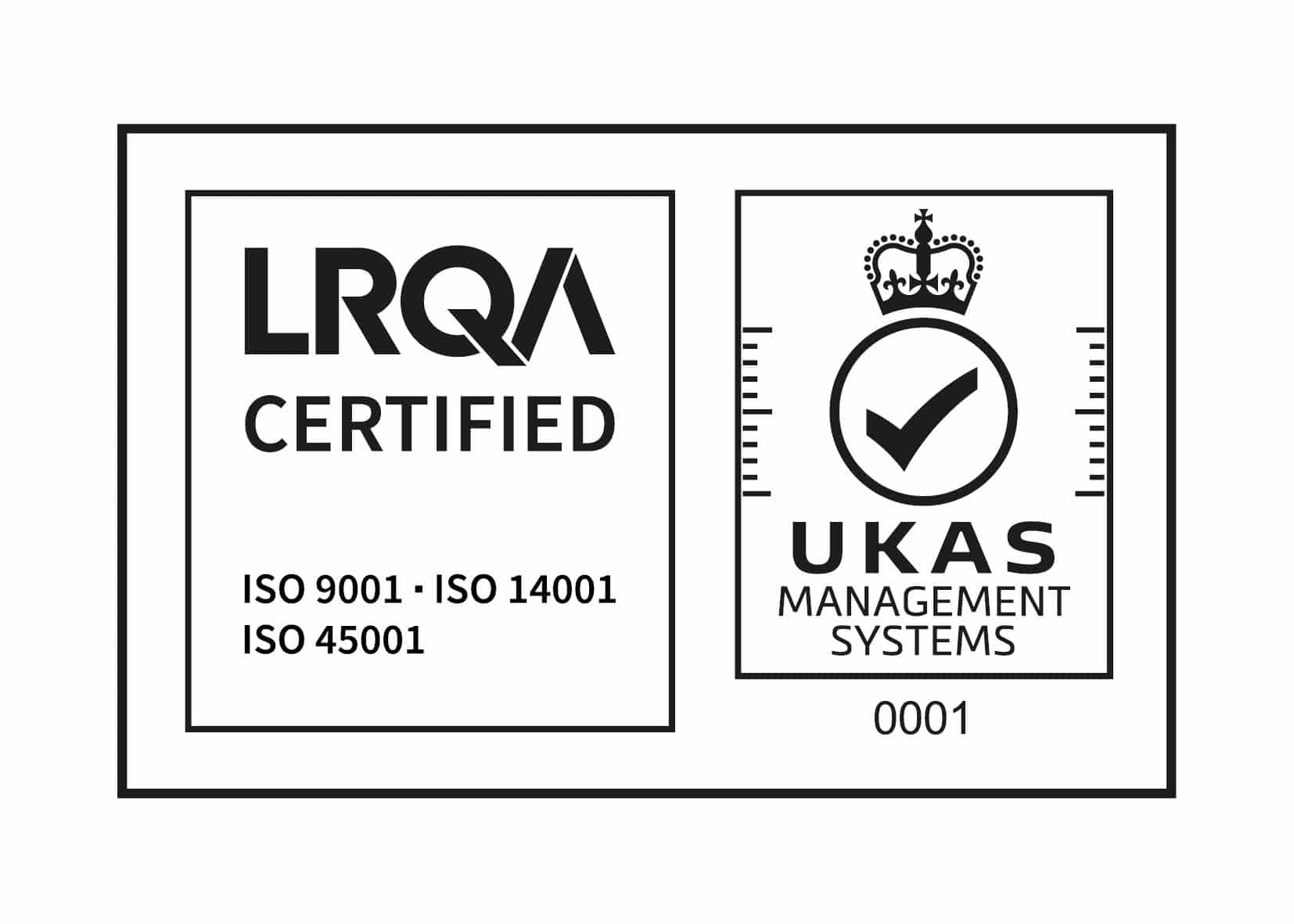What is a Harbor?
A harbor, in the maritime context, is more than just a sheltered body of water where ships find refuge; it is a bustling hub of economic activity, a gateway to trade, and a vital component of global commerce. Harbors serve as safe havens for vessels, protecting the open sea’s unpredictable forces while offering essential infrastructure for loading and unloading cargo.
Beyond their practical utility, harbors have played a pivotal role throughout history as strategic points of connection and exchange. They have been the birthplaces of thriving cities, witnessing the ebb and flow of trade that shapes nations and economies. Harbors are not just collections of docks and piers; they are the pulse of maritime trade, facilitating the seamless flow of goods and fostering economic development.
In the contemporary maritime landscape, harbors are equipped with state-of-the-art facilities, including sophisticated cargo-handling equipment, navigation aids, and comprehensive logistics infrastructure. They function as intermodal nodes, connecting sea routes with road and rail networks, ensuring the smooth transit of goods from ships to various hinterlands.
The significance of harbors extends beyond the confines of maritime logistics. They are vibrant ecosystems that bring together diverse industries, from shipping and transportation to tourism and recreation. The sight of ships anchored in a harbor symbolizes the dynamic interplay of global economies and the intricate dance of vessels that navigate the world’s waterways.
Learn more on ports:


